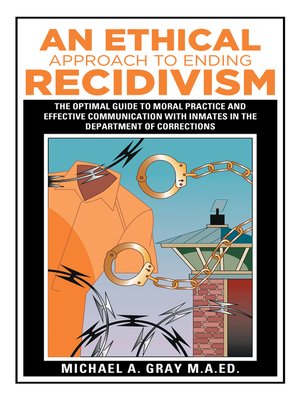An Ethical Approach to Ending Recidivism
ebook ∣ The Optimal Guide to Moral Practice and Effective Communication with Inmates in the Department of Corrections
By Michael A. Gray M.A.Ed.

Sign up to save your library
With an OverDrive account, you can save your favorite libraries for at-a-glance information about availability. Find out more about OverDrive accounts.
Find this title in Libby, the library reading app by OverDrive.



Search for a digital library with this title
Title found at these libraries:
| Loading... |
Law enforcement in a free society must strike a delicate balance between protecting individual rights to professional service, especially from government-sponsored agencies and the societys interest in professional ethical decision-making by law enforcement professionals. Often this is seen as one between a principal defense of civil rights and a mere Unitarian interest in improving the continuity of customer service. There is no certain place to fix the line between appropriate and Impermissible correctional officer and custody staff professional conduct. What is most conspicuous about this area of ethics in Department of corrections is the lack of controlling standards for defining the roles of correctional officers and custody staff. The purpose of the correctional Leadership and Ethics Training is to prevent breaches of the peace; enforce the laws, directives and regulations which govern the correctional institutions to protect its employees, the facilities, its assets and the nation's currency" which function in synchronization. Trainees will be able to consult a menu of techniques and be encouraged to contribute ideas of their own.






